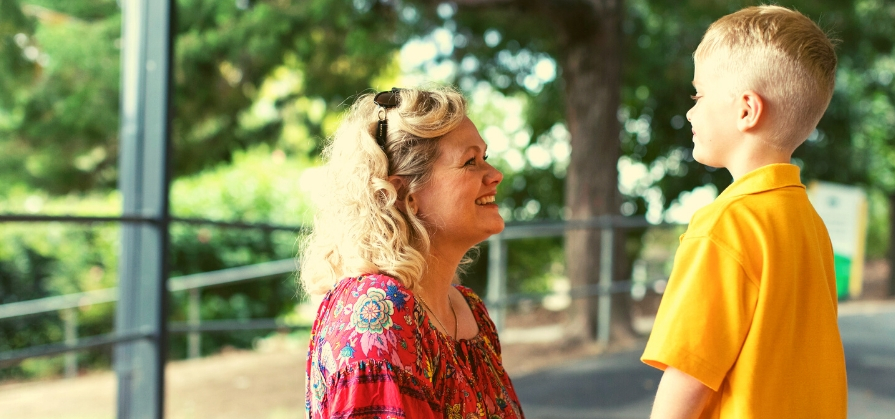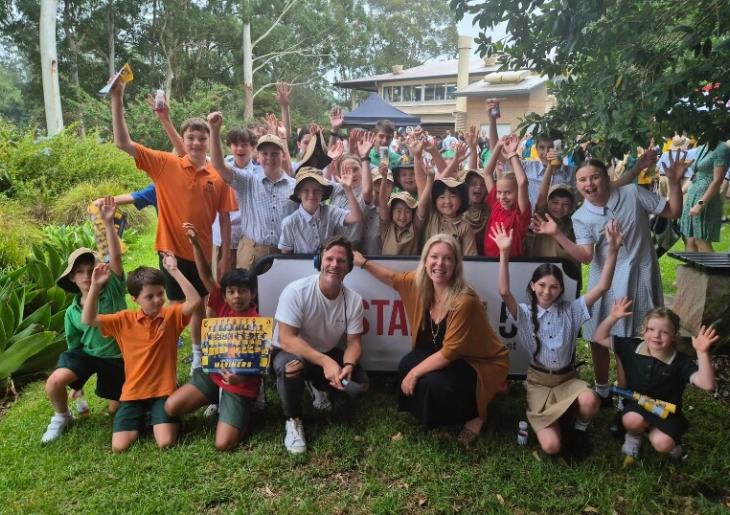School readiness: Is your child ready for school?

Listen to our podcast on starting Kindergarten.
It’s a question nearly every parent will ask. Is my child ready for school?
There’s a mountain of advice out there and there’s also strong opinion too.
Your little person is growing up fast. But are they ready to fly the nest and start school?
It can be very confusing and overwhelming. A whirlwind of questions and emotions go through your head. ‘He turns five in May, should I hold him back?’ ‘I’m not sure he’s ready to play and share.’ ‘Does he need to be able to hold a pencil?’ ‘What about reading? My friend Sarah’s child could read before she started school.’
What does school readiness mean?
The term ‘school readiness’ has many different variables. Overall it is a measure of the knowledge, skills and behaviour that will help your child participate and succeed in school. When we think about the term ‘school readiness’ we think about whether a child can read and write. But that is not the case.
Mrs Tracey Gray, Kindergarten teacher at CCGS explains, “School readiness is about the whole child – their language skills, emotional and social skills, physical and cognitive skills and how well they can communicate.”
For every child, and for every family, the variables will be different. School readiness is not about the age of the child or when they are turning five or six. It is about the social, emotional and development of your child as an individual not as a number.
School readiness top tips
Here are some of our top tips when thinking about starting school:
- Relax, it is going to be ok. Put your faith in the teachers and in the school you have chosen. Openly transfer that faith and trust to your child so they do not feel anxious. Children will feel safe and secure if they know you are happy with your decisions.
- Your child doesn’t need to know all the things you think they should. Read to your child from an early age and share the love of language with them. But leave the academic learning to teachers. They are there to help your child to learn to read, write and spell.
- Is your child developmentally ready? Encourage and foster independence like dressing themselves, responsibility for belongings, pack their bags, going to the toilet. Visual lists can be helpful for some children as well as rewards and charts.
- Can your child follow simple instructions or stay on task? Give your child clear and simple directions.
- Build resilience. Help your child manage their emotions and bounce back if something doesn’t quite go their way. Show your child how you deal with your emotions, mirror appropriate responses and behaviour.
- Trust your instincts. You know your child best!
If you’re looking for more information on starting school listen to the CCGS Podcast: Is there a right age for starting school?.
Tracey, school psychologist Ros and early learning teacher and parent Simone explore the importance of age, skill-set and emotional development in school readiness.




